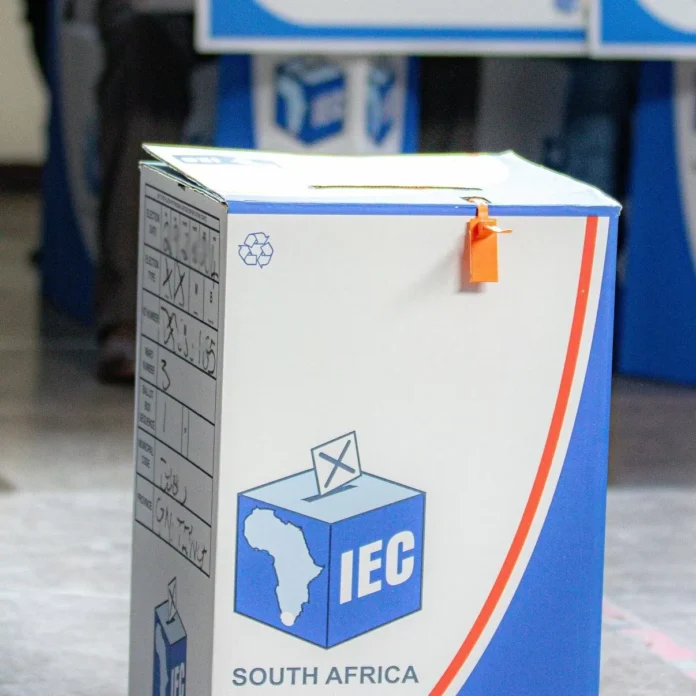The Independent Electoral Commission (IEC) is currently in the process of conducting public consultations on the introduction of e-voting in the country. This initiative has been met with both excitement and skepticism from the public, but one thing is clear – the IEC is determined to explore all options to improve the electoral process in our country.
E-voting, or electronic voting, is a method of casting votes using electronic devices, such as computers or touch-screen voting machines. It has been successfully implemented in many countries around the world, and the IEC believes that it can bring numerous benefits to our electoral system.
One of the main advantages of e-voting is its efficiency. With traditional paper-based voting, it can take hours or even days to count and verify the votes. E-voting, on the other hand, can provide results instantly, saving time and resources for the IEC. This also means that the election results can be announced much quicker, reducing the potential for tension and uncertainty.
Furthermore, e-voting can also increase the accuracy of the voting process. Human error is always a possibility in manual voting, but with electronic systems, the chances of mistakes are significantly reduced. This can help to ensure fair and transparent elections, and ultimately strengthen the trust of the public in the electoral process.
In addition, e-voting can also make voting more accessible and convenient for citizens. With the option of online voting, people who are unable to physically go to the polling station due to illness, disability, or other reasons can still exercise their right to vote. This can also encourage more people, especially the younger generation, to participate in the electoral process.
However, despite these potential benefits, there are also concerns and reservations about the introduction of e-voting. One of the main concerns is the security of the system. With voting being such a crucial aspect of our democracy, it is essential that the e-voting system is secure and cannot be manipulated. This is why the IEC is taking the necessary precautions and conducting thorough consultations with the public to address these concerns.
The IEC has already held public consultations in various regions across the country, including rural areas, to gather feedback and opinions from citizens. These consultations have been crucial in identifying potential challenges and finding solutions to ensure a successful implementation of e-voting.
The IEC has also been engaging with various stakeholders, such as political parties, civil society organizations, and IT experts, to gather their input and expertise. This collaborative approach is essential in ensuring a transparent and inclusive process, and the IEC is committed to taking all opinions into consideration before making any final decisions.
It is important to note that the IEC is not rushing into implementing e-voting without proper planning and consideration. The commission understands the significance of the electoral process and is taking all necessary measures to ensure that e-voting is a viable and secure option for our country.
The IEC has also emphasized that e-voting will not completely replace the traditional paper-based voting system. It will only be introduced as an additional option for voters, and the final decision on whether to use it will be made based on the feedback and results of the public consultations.
In conclusion, the IEC’s ongoing public consultations on e-voting are a positive step towards modernizing and improving our electoral process. It shows the commission’s commitment to finding innovative solutions to enhance democracy in our country. As citizens, it is our responsibility to actively participate in these consultations and provide constructive feedback to help shape the future of our electoral system. Let us embrace this opportunity to make our voices heard and contribute to a better and more efficient electoral process for all.

